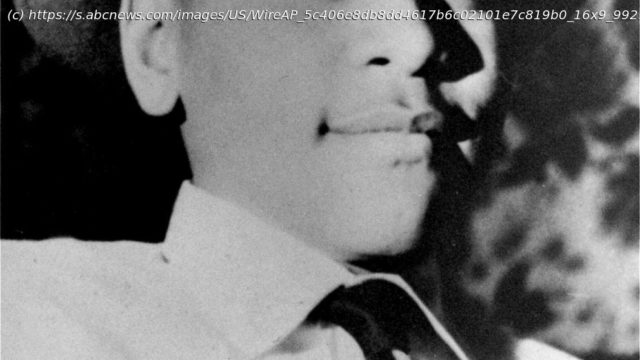Array
A Mississippi community with an elaborate Confederate monument plans to unveil a larger-than-life statue of Emmett Till on Friday, decades after white men kidnapped and killed the Black teenager for whistling at a white woman in a country store.
The 1955 lynching became a catalyst for the civil rights movement after Till’s mother, Mamie Till-Mobley, insisted on an open-casket funeral in Chicago so the world could see the horrors inflicted on her 14-year-old son. Jet magazine published photos of his mutilated body, which had been pulled from the Tallahatchie River in Mississippi.
The 9-foot (2.7-meter) bronze statue in Greenwood is a jaunty depiction of the living Till in slacks, a dress shirt and a tie with one hand on the brim of a hat.
The Rev. Wheeler Parker Jr., the last living witness to the kidnapping of his cousin Till from a family home, said he won’t be able to travel from Illinois to attend Friday’s dedication ceremony. But he told The Associated Press on Wednesday: “We just thank God someone is keeping his name out there.”
The Till statue at Greenwood’s Rail Spike Park is a short drive from an elaborate Confederate monument outside the Leflore County Courthouse and about 10 miles (16 kilometers) from the crumbling remains of the store, Bryant’s Grocery & Meat Market in the hamlet of Money.
The unveiling of the statue coincides with the release this month of “Till,” a movie focusing on Till-Mobley’s private trauma over her son’s death and her development into a civil rights activist.
A life-sized bronze statue of Till-Mobley is planned in the Chicago suburb of Summit. An Oct. 28 groundbreaking is set for a plaza outside Argo Community High School, where she was an honor student. The statue is scheduled to be in place by late April.
Some wrongly thought Till got what he deserved for breaking the taboo of flirting with a white woman and many people didn’t want to talk about the case for decades, Parker said.






